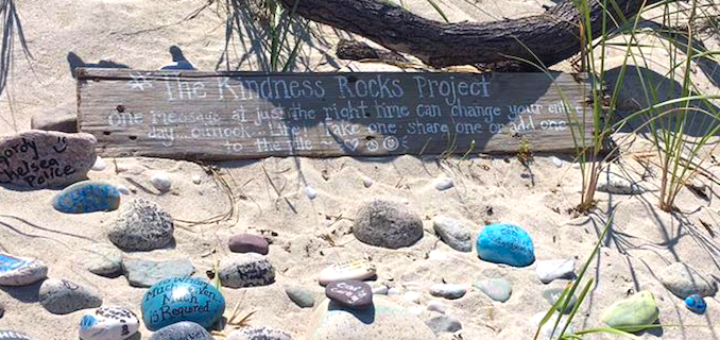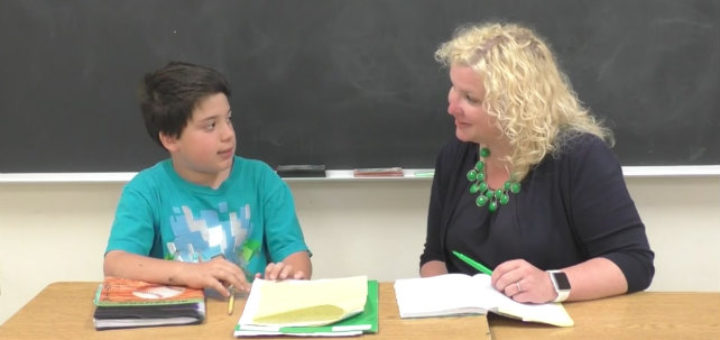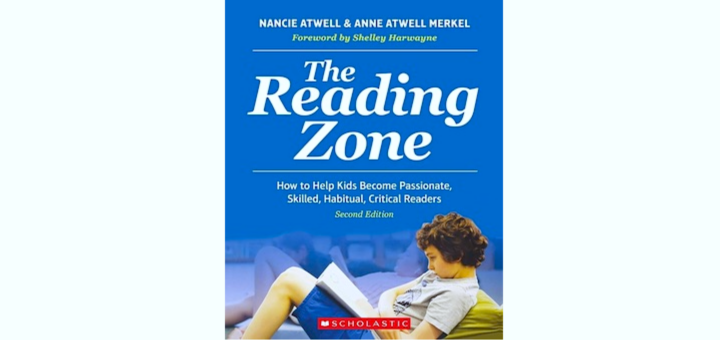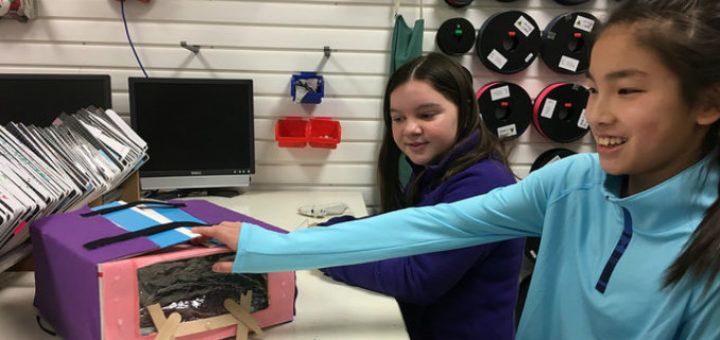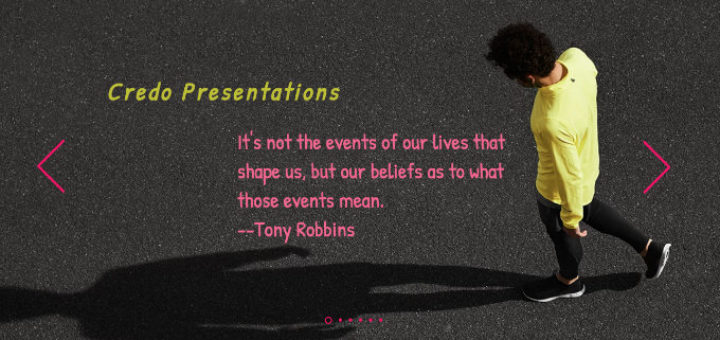Task Card Series Can Boost Reading Skills
K-8 literacy coach Amber Bartlein reports The 100 Task Card series is set to become a staple in the classrooms she works with, for use during small group instruction, intervention and enrichment time, or to provide quick, focused practice on a specific literacy skill.


